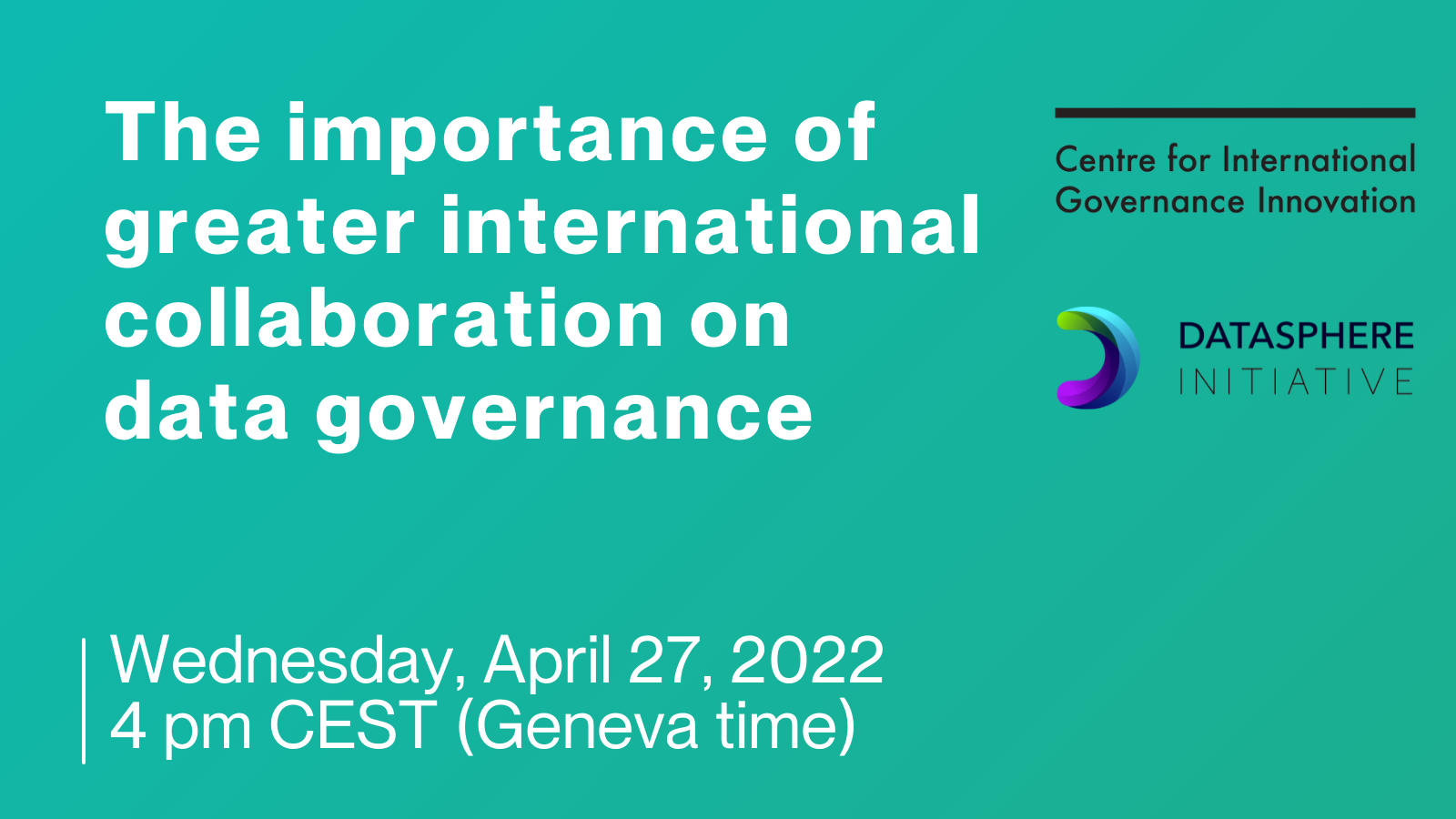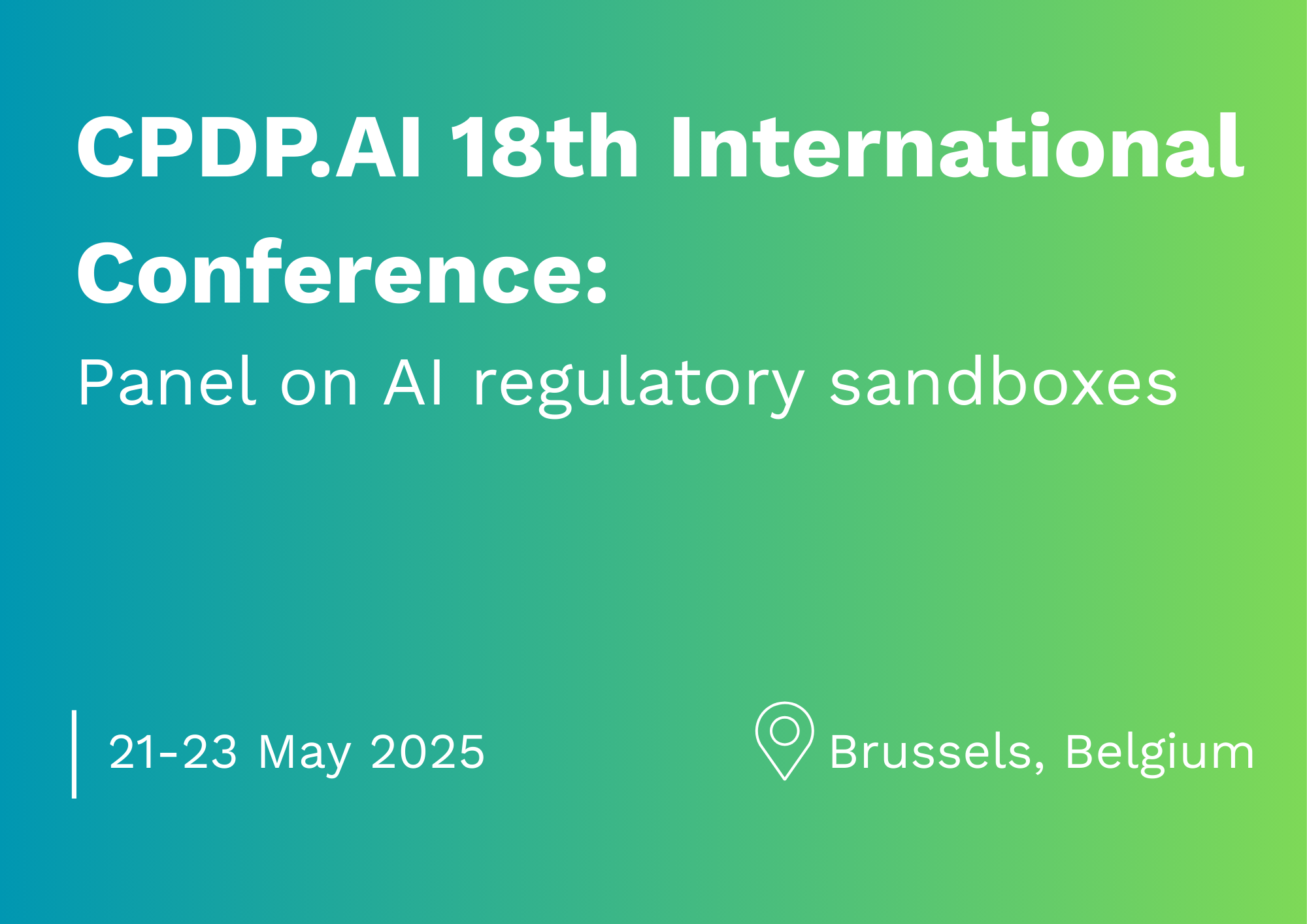
The innovation process at the heart of new digital technologies is driven by data where high-cost sunk investments and near-zero marginal costs give first movers a tremendous advantage to exploit economies of scale and scope, network externalities and information asymmetries. These characteristics have placed developing countries at a severe disadvantage in their ability to harness their data for development for several reasons: First, many lack the skills and the capital necessary to make these investments. Second, the range of policy and governance issues that must be dealt with to successfully harness data for development are broad and interrelated, including laws and regulations related to data and artificial intelligence, privacy, cyber security, intellectual property, innovation and competition. Third, developing countries must also navigate and negotiate within a complex web of regulations (or lack thereof) related to the vested interests of firms and jurisdictions, including the extraterritoriality of regulations and policies, governance gaps and an international framework that is not suited for the digital economy nor inclusive. It is thus essential that developing countries have skilled negotiators. Finally, perhaps surprisingly, it is also difficult to assess the state of play in these governance arrangements which is surely a critical step to understand the state of play and to ensure that they meet the needs of all countries.
Against this background, this panel brought together experts from a wide variety of backgrounds to assess the state of play in data and digital governance from different perspectives and implications for data for development. It featured Silvana Fumega the Project Director Global Data Barometer and Research and Policy Director of ILDA discussed how the Barometer captures the extent to which countries are managing data for the public good including sustainable development, data for development, openness, inclusion, gender and diversity, and emerging AI practices; Susan Aaronson Director Digital Trade and Data Governance Hub discussed their Global Data Governance Mapping exercise to assess how countries are governing data, examining laws, regulations, directives, and executive orders and acts of state that are binding upon governmental entities; Lorrayne Porciuncula Executive Director Internet & Jurisdiction Policy Network spoke about the Datasphere Initiative that seeks to create the world’s first global network of stakeholders fostering a holistic and innovative approach to data governance to build agile frameworks to responsibly unlock the value of data; and Folashadé Soulé a Senior Research Associate at the Global Economic Governance programme (Blavatnik School of Government, University of Oxford) discussed the preliminary results of her work looking specifically at how African governmental actors negotiate and manage partnerships with China in the digital sector.

Robert Fay
Centre for International Governance Innovation (CIGI)

Susan Aaronson
George Washington University Professor and Director, Digital Traade and Data Governance Hub

Folashade Soulé-Kohndou
University of Oxford

Silvana Fumega
ILDA Project Director- Global Data Barometer

Lorrayne Porciuncula
Executive Director, Datasphere Initiative

Subscribe to the Datasphere Pulse for updates on data governance news and activities.
The Datasphere Initiative is a global network of stakeholders fostering a holistic and innovative approach to data governance to build agile frameworks to responsibly unlock the value of data for all.
@2024. Datasphere Initiative. All rights reserved
Privacy Policy